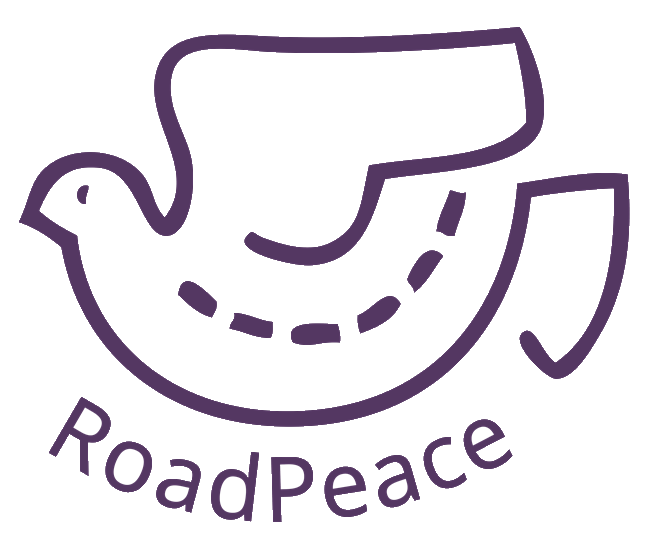In March 2005, RoadPeace launched its “Women for Worldwide Peace on the Roads” campaign.
Women around the world were at the forefront of campaigning for justice and reduction of danger on the roads. They were compelled to campaign because of the devastation suffered by families when children or loved ones are cruelly and needlessly killed or maimed in traffic.
The 2005 campaign focussed on three main areas:
- True scale
- Lack of priority for road danger reduction
- Lack of justice for road traffic victims
Fifteen years later on International Women’s Day 2020, we look at the calls that were made then, and how they remain the same.
In 2005, a bereaved mother wrote:
“Why do I campaign? – My son was slaughtered and nobody would do anything about it. Since his death well over 70,000 people in the UK alone have followed him to a premature grave as road victims. How did they die – did they kill themselves or were they killed by others? Nobody knows – it is the greatest violation of Human Rights and abdication of responsibility for the protection and preservation of life that exists in the so-called civilised world. More than 5,500 people died on our roads in the year Simon was killed. This figure has now reduced to 3,500. This is called a “success.” The fact that someone is killed almost every two hours on our roads is described as a success – do you agree?”
In 2018, 1,784 people were reported killed on Britain’s roads. The number has halved since 2005, yet the question remains the same – can this be described as a success?
Whilst the number of those reported killed has been reduced since then, five people are killed on Britain’s roads every day. And over 60 are seriously injured. The true scale remains unknown, as whilst the Department for Transport has recognised that injury collisions are underreported – the extent is not known.
Lack of priority for road danger reduction
In 2005 lack of priority given to road danger reduction was a key call.
The situation remains the same today. Driving offences are not a priority for the police. Police priorities are set by the Home Office and Police and Crime Commissioners. Home Office prioritises offences that are classified as notifiable crime—that includes causing death and serious injury by driving offences, but not the high volume driving offences of speeding, drink-driving, mobile phone use, etc.
And traffic police numbers have been cut disproportionately to other police.
Lack of justice for road crash victims
In 2005, Women for Worldwide Peace on the Roads identified that the lack of justice for road crash victims compounded grief.
A bereaved mother in 2005 wrote
“A sudden violent bereavement or injury is hard enough to bear, but the pain and suffering are compounded by societies’ and governments’ inappropriate response to road crashes. They are still too often seen as ‘accidents’, leading to less priority for the investigation, which in turn affects chances of criminal and civil justice. Victims suffer further trauma by the treatment they receive, especially when they are denied the same rights and support services provided to other crime victims.”
The situation is much the same today. RoadPeace continues to campaign for ‘crash not accident’.
Road crash victims are not supported in the same way that victims of other crimes are. Although a road death is no less traumatic than a homicide, bereaved families do not receive a caseworker in the same way a family bereaved by homicide will.
Funding for supporting crash victims is also limited, with no funding provided by national government, and few Police and Crime Commissioners awarding funding to road crash victim support services.
With our work with crash victims we hear time and time again that they feel let down by the system. Victims will often find the collision investigation lacking, and if it ever gets to court, the sentence inappropriate for the suffering the driver has caused them.
————————————————————————————————————————
This International Women’s Day is an opportunity to reflect on the calls of women 15 years ago.
There have been improvements, but the issues in 2020 remain the same as in 2005. RoadPeace will continue to campaign for justice, to reduce road danger, and for the true impact of road danger to be recognised.
Want to join us in our work? Email victoria.lebrec@roadpeace.org
Updated on: 8 March 2020
